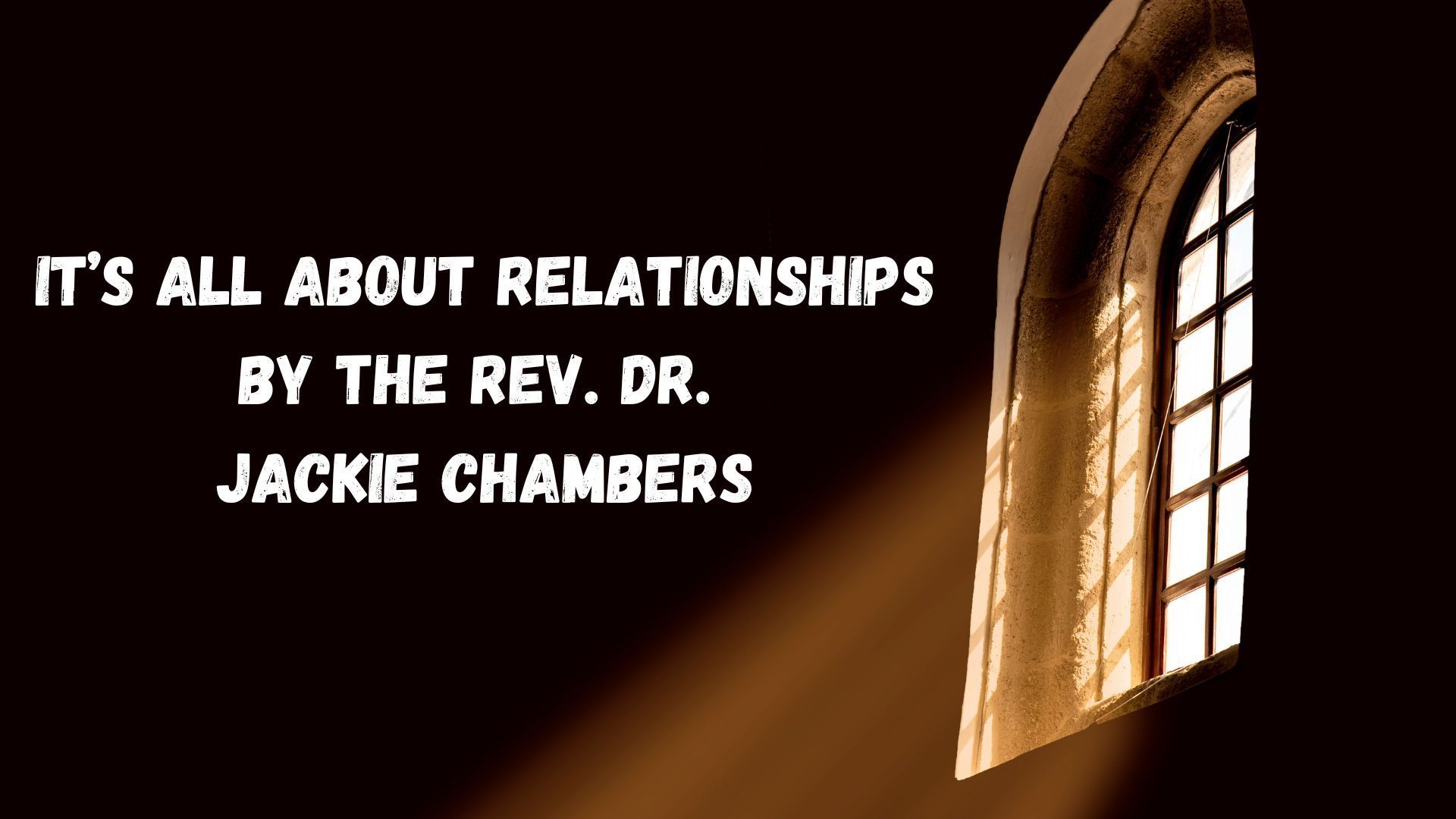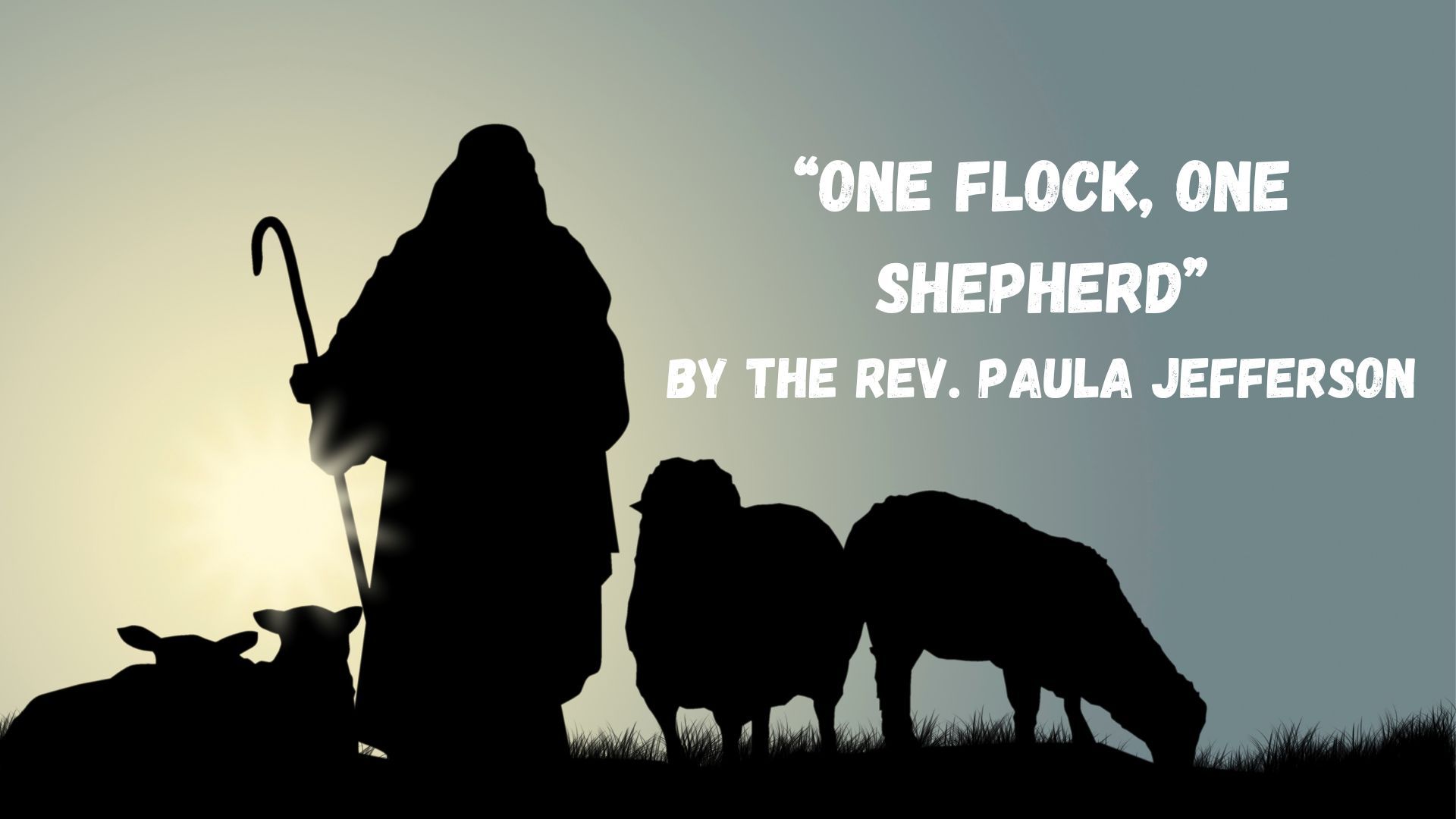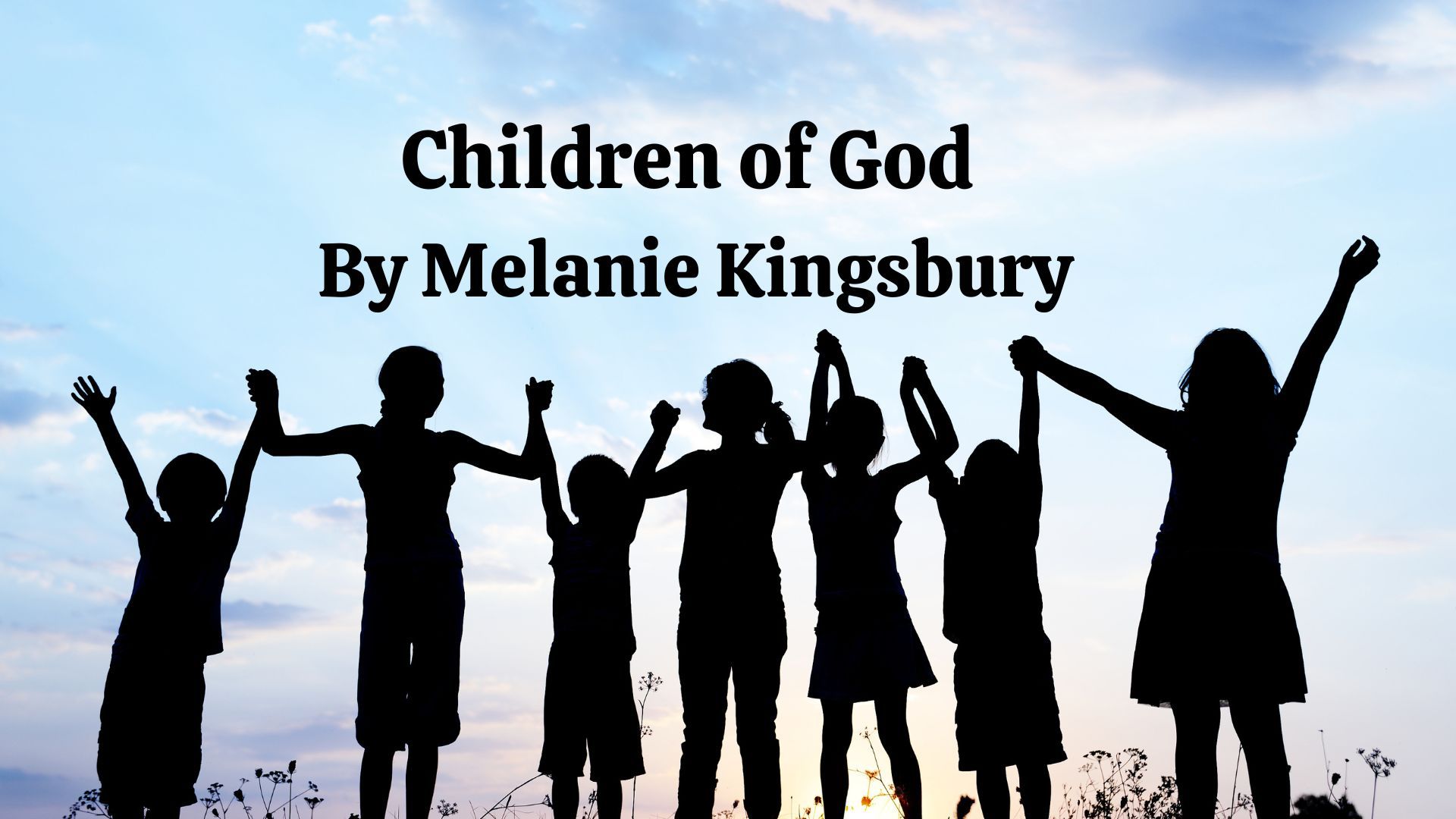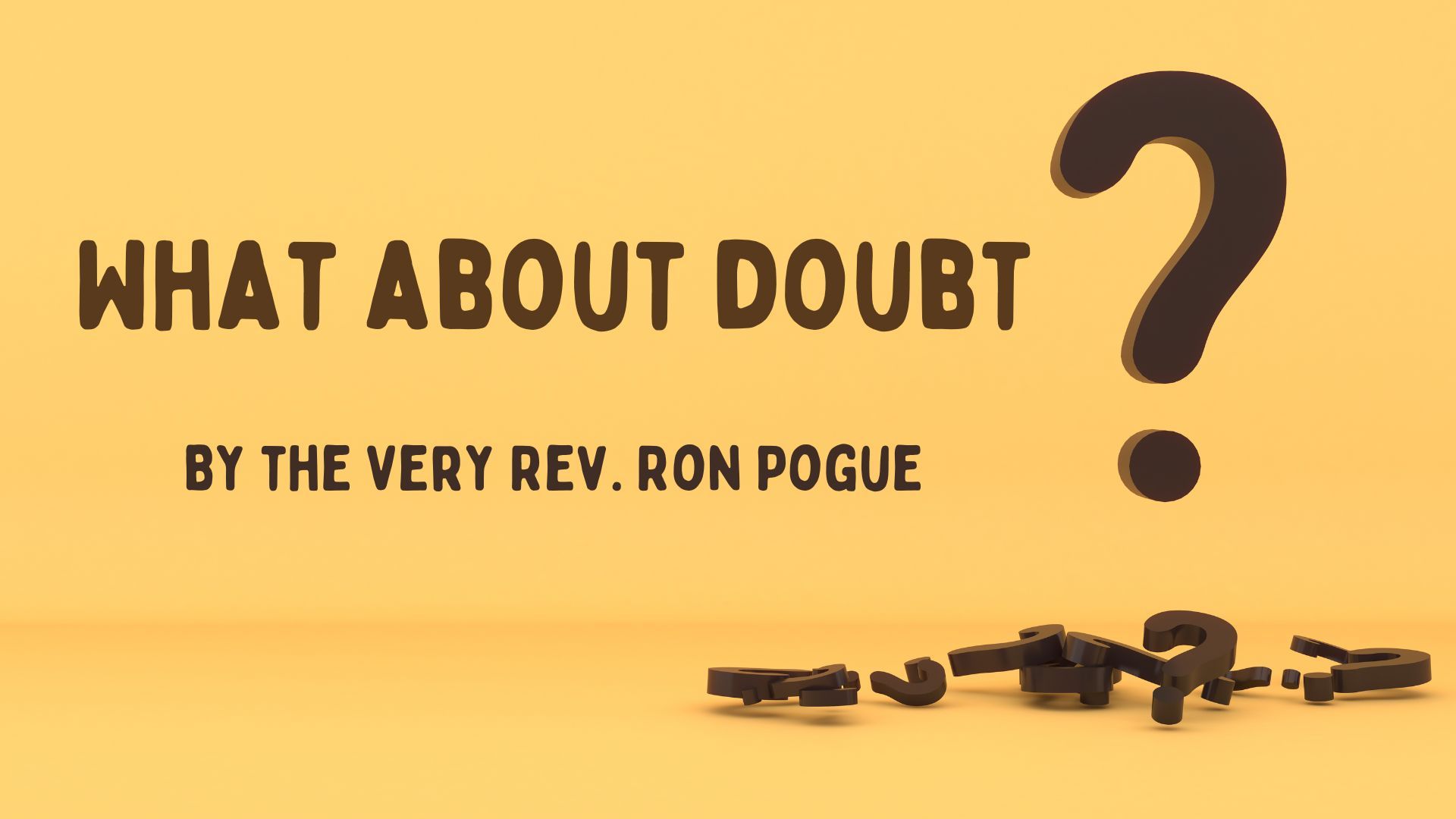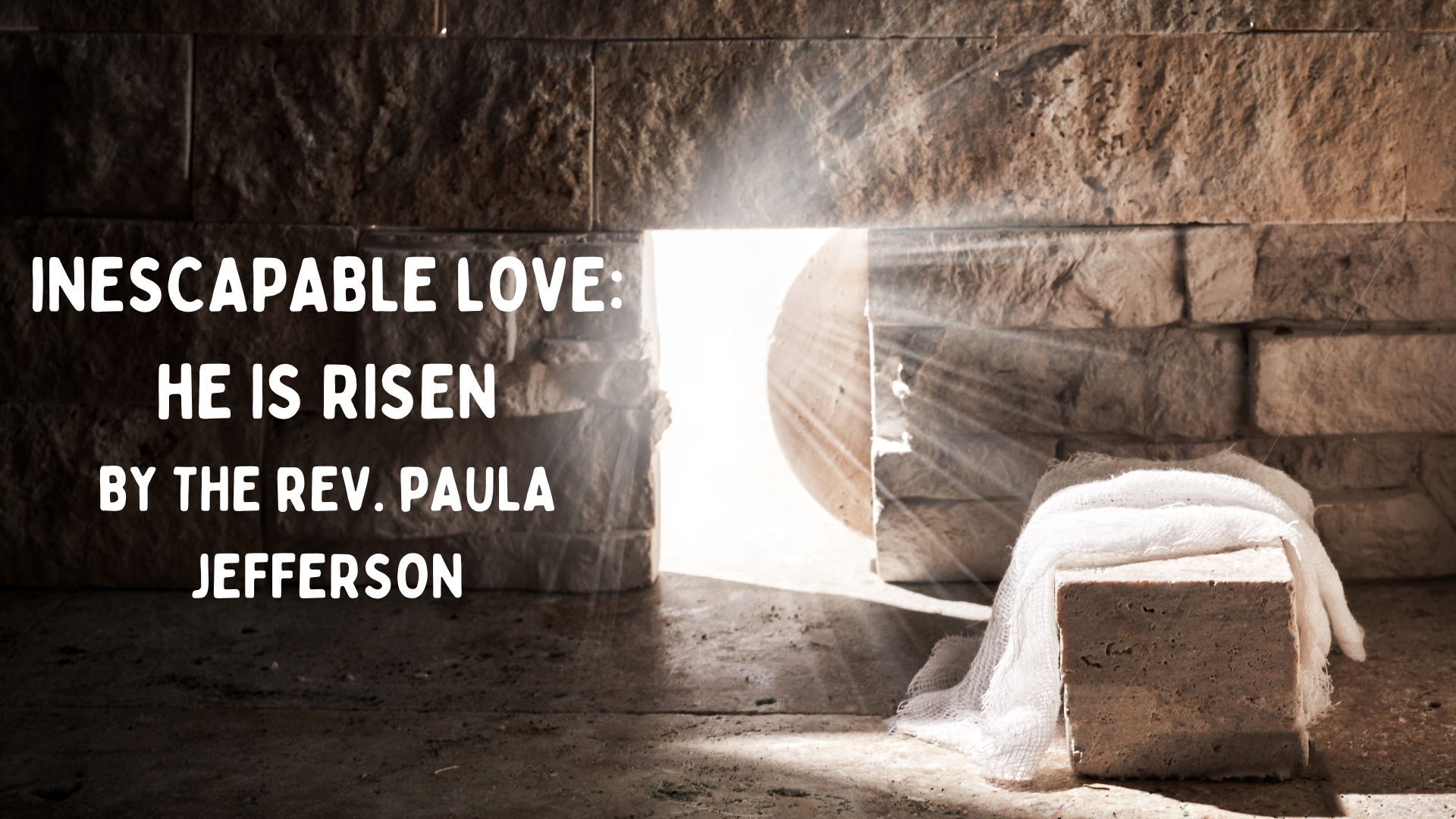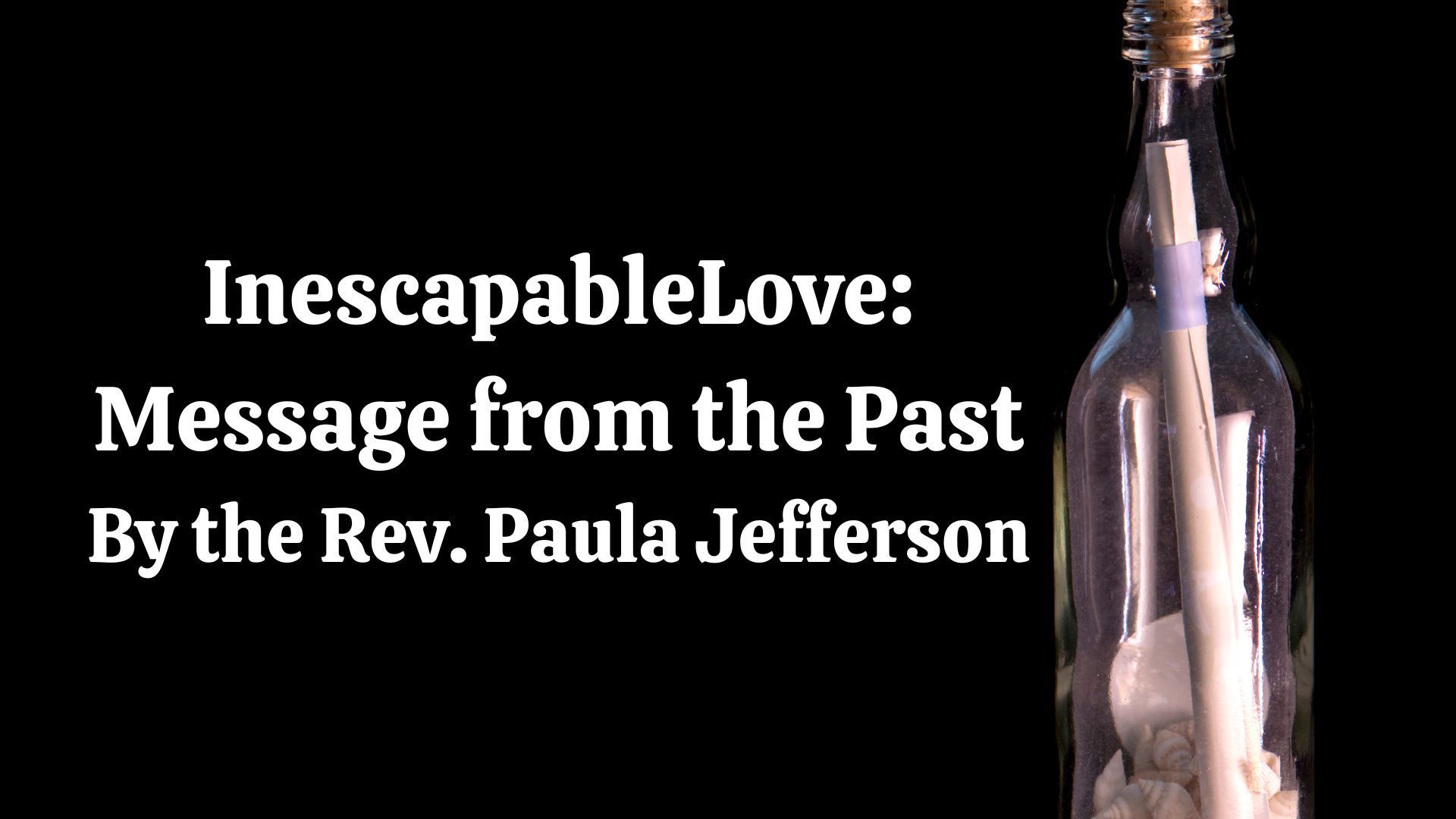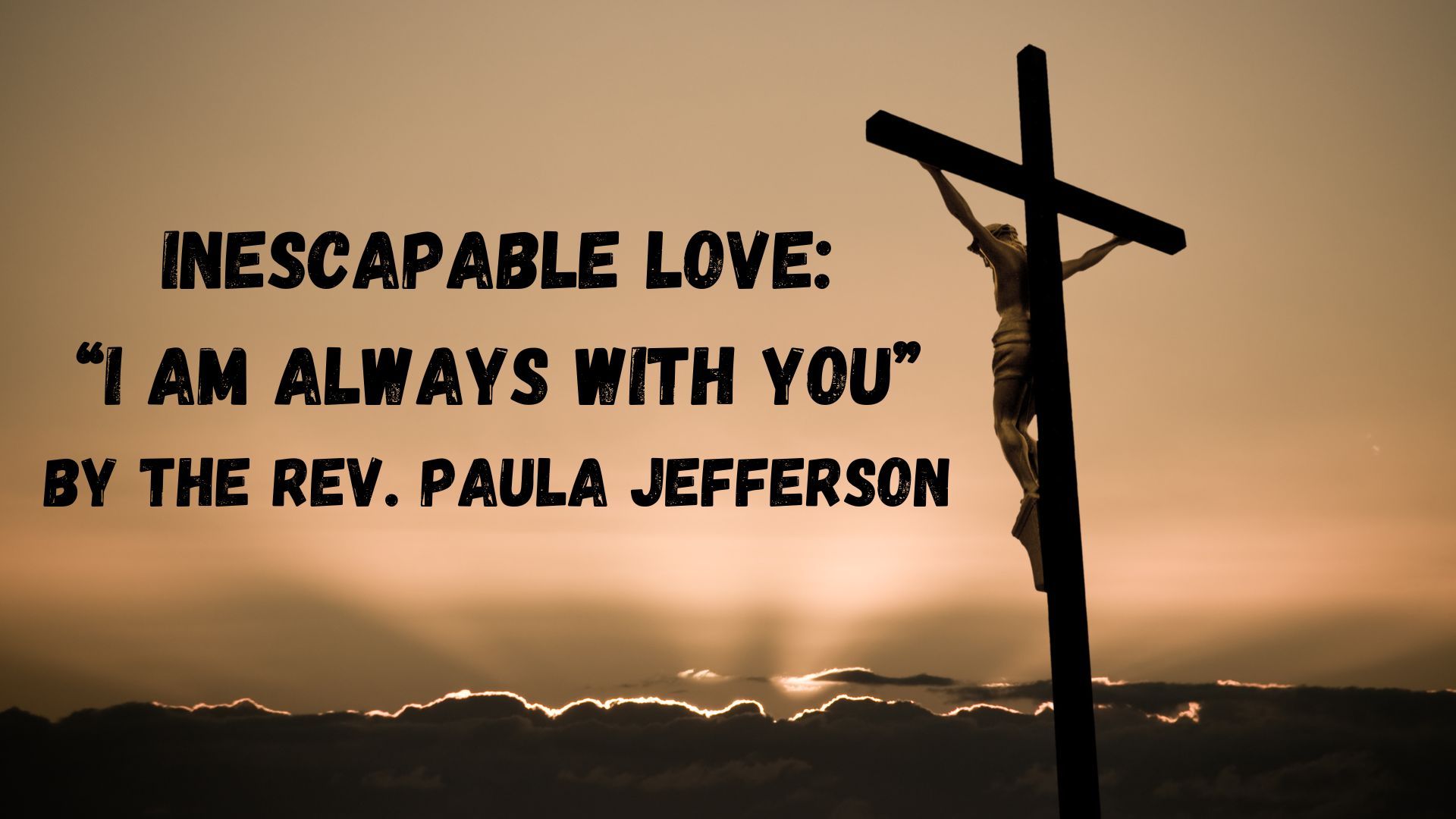On this weekend in 1983, I graduated from Penn State with an accounting degree. After commencement, I rode home with my parents, a long, 3-hour drive. We nattered about the graduation service, about my time at Penn State, and caught up on local news.
The following day, mom and dad invited me to “have a seat” at the dining room table. I recognized the formality of the moment, but I had no idea what was coming. Dad began the conversation:
“Paula, you’ve completed your college degree and you’ve done well. It is time for you to find your way. You will always be welcome here, but this is no longer your home”.
I don’t remember what I contributed to the conversation…but I do remember feeling the weight of those words. One day I was in my parents’ nest … dependent on them for housing, food, and clothing. And then I was sent forth toward a new life.
Our reading from Exodus takes place shortly after God led the Israelites out of Egypt. By this part of the story, they had been camping in the desert for about three months and they were grumpy. Just a few months ago, they had homes…food….water. Yes, it was in a foreign land and, yes they were oppressed and enslaved and yes, they were dependent on Pharoah for everything. But, looking back, it sure felt safe compared to this.
Now, they are dependent on Yahweh. They have all day to grouse about the fact that they used to have a nest in Egypt….but, now, they are itinerant-- in a barren wilderness.
God led his people from their past to a liminal space—a time in which God will wait for them to change…to become a people who are able to enter covenantal relationship with Yahweh.
From the peak of Mount Sinai, God spoke to the people: I am the Lord your God, who brought you out of the land of Egypt, out of the house of slavery; you shall have no other gods before me.
And thus began the path toward a new life.
One of my good friends likes to say, “You do not prepare the path for the child. You prepare the child for the path”.
For 21 years, my parents had been preparing me to leave the nest and begin a new life…on the path to which I was called. The road was a little bumpy in the first six months. I didn’t have car—or, at that moment, a job. It was scary. But in retrospect, they were right: they had prepared me for the adventure of life.
The Israelites will slowly awaken to a new relationship with God. It will require many years for them to make this transition. God began their preparation with the 10 Commandments.
The first four commandments are about our relationship with God:
You shall have no other gods before me.
You shall not make for yourself an idol.
You shall not use God’s name wrongfully.
You shall keep the Sabbath.
The last six commandments are about our relationship in community:
Honor your parents…those who nurture you.
You shall not murder.
You shall not cheat on your spouse.
You shall not steal.
You shall not lie.
You shall not covet others’ stuff.
These commandments have been passed down from generation to generation for 3,000 years. And they are still relevant.
God did not prepare the path for the Israelites—or for us. We are free to choose our path. But God did equip the Israelites, and us, for all that was, and all that is, to come.
Over the past year, St. Christopher’s has intentionally built a Christian formation program for all ages. It is our responsibility to invest in the spiritual lives of our congregation—and we are doing it.
Early on, the choir re-formed—some days there are 12 people in our music room after church. They are singing hymns, talking about the lyrics, and forming community. It is an aspect of Christian formation that we experience every Sunday. They support our singing and they raise up the joy in our worship.
Irreverently Faithful is a Zoom-based ministry that intersects current literature with our experiences of God in this world.
J2A—Journey to Adulthood—intentionally prepares young people to make good decisions and become leaders in adulthood.
Our adult Sunday school class is growing….in every way. Last Fall we read Matthew and talked about the culture of fear in that Gospel—and what we could learn from Jesus about living in our own present-day culture of fear. This Spring, we’re delving into Mark, a Gospel of action. We’ll follow Mark with a series of conversations about our own discipleship and action.
And a new thing is coming: for the last few months, many of you have been quietly building and sewing and designing all the props for Catechesis of the Good Shepherd. This program will invite our youngest Christians into the wonder of God’s story. And because so many of us are participating in the creation of the props, we are part of that story, too.
We are building legacy as a congregation—even now in our liminal moment.
These are just some examples of the ways in which we are preparing ourselves for the path—leaning more deeply into the life of Christ.
The path we walk in this world is not perfect. The Ten Commandments are broken every day. Some days by us. And some days, the path feels lonely, scary.
But there is much good news for us. God is guiding our preparation. We do not walk the path alone—we walk together as a Body of Christ—and we walk with the Holy Spirit, whom God sent to be our Advocate and Guide.
The path we are following is not random. It is the path that leads us Home—to a new life.

St. Christopher's Episcopal Church
5709 Wedgwood Dr., Fort Worth, TX 76133
St. Christopher's is part of The Diocese of Texas, a diocese of The Episcopal Church.




